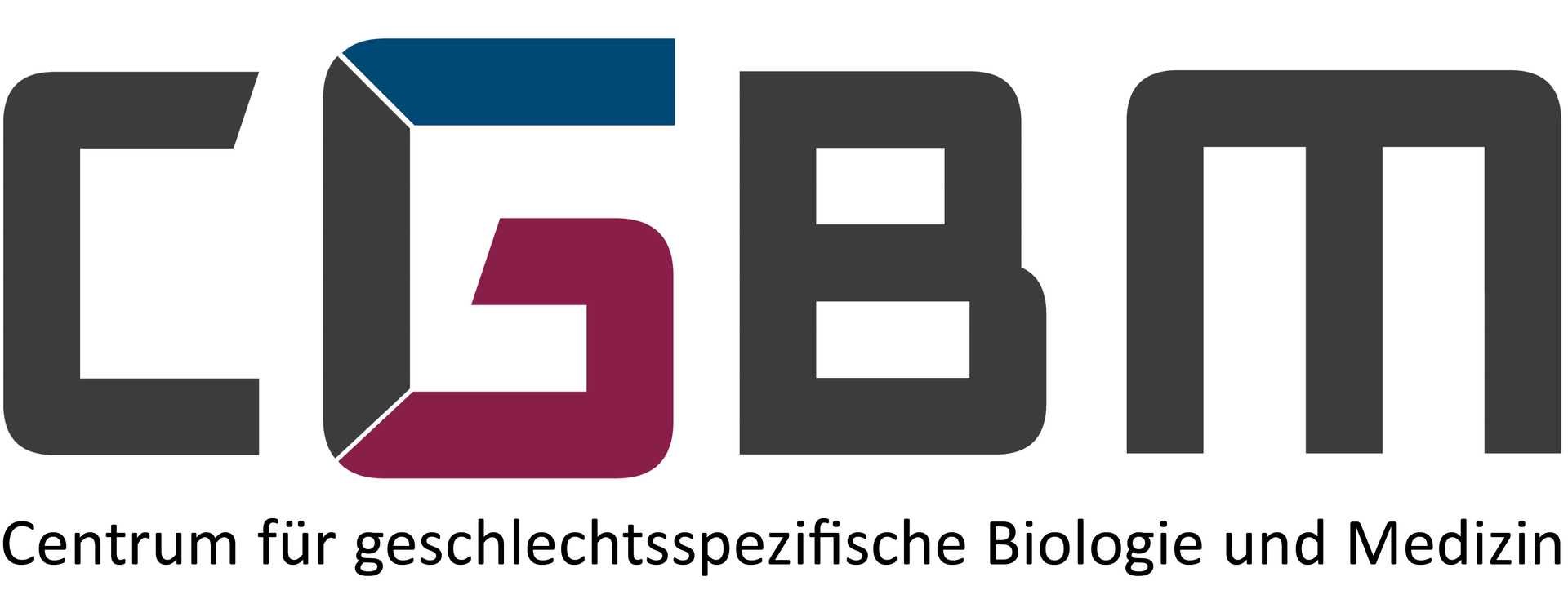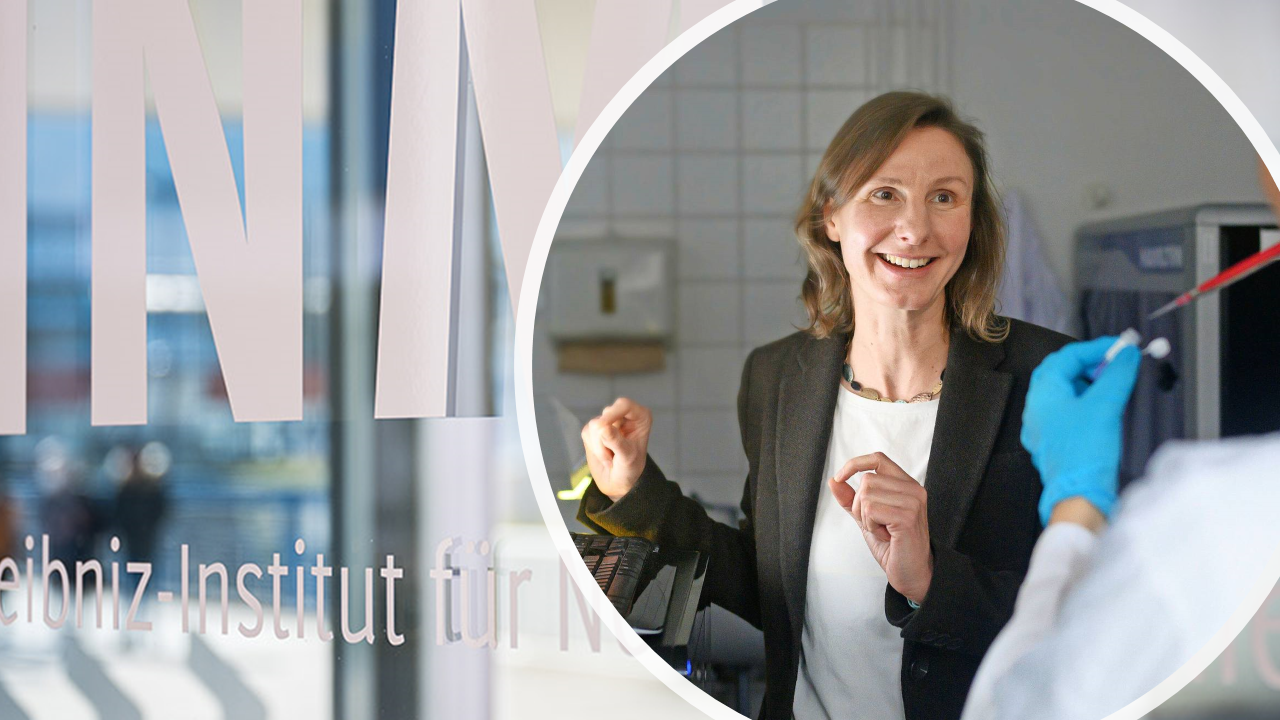
Lehrstuhl für Genetik und Epigenetik
Die wissenschaftlichen Schwerpunkte der Arbeitsgruppe liegen auf der Analyse von Genexpression und epigenetischen Modifikationen im Zusammenhang mit komplexen Erkrankungen. Dabei stehen die Aspekte der Adaptation epigenetischer Signaturen im Kontext von Umwelteinflüssen und Alterungsprozessen, sowie die translationale Epigenomik mit Hinblick auf Diagnostik und Therapie im Vordergrund. Besonderes Interesse liegt dabei auf einem besseren Verständnis von
- Zusammenhang zwischen genetischer Prädisposition und Umwelteinflüssen auf die Pathogenese neurodegenerativer Erkrankungen
- Veränderungen epigenetischer Modifikationen im Alterungsprozess
- das Potential epigenetischer Signaturen für die Diagnose von seltenen Erkrankungen und Syndromen
Aktuelles

Neues Schwerpunktprogramm: „SEXandGLIA: Geschlechtsabhängige Mechanismen neuroglialer Zellfunktionen im Kontext von Gesundheit und Erkrankungen“
Die Deutsche Forschungsgemeinschaft (DFG) richtet acht neue Schwerpunktprogramme (SPP) ein, die im Jahr 2026 starten sollen. Die acht neuen Verbünde, die aus 53 eingereichten Initiativen ausgewählt wurden, erhalten für zunächst drei Jahre insgesamt rund 55 Millionen Euro. Hinzu kommt eine Programmpauschale in Höhe von 22 Prozent für indirekte Projektausgaben.
Der Arbeitskreis von Frau Prof. Schulze-Hentrich wird eines der neuen SPP-Verbünde leiten, in dem es über eine Dauer von 6 Jahren darum geht, geschlechtsabhängige Mechanismen von Zellfunktionen im Nervensystem zu erforschen.
Weitere Informationen finden Sie in der Pressemitteilung der DFG.

Center for Gender-specific Biology and Medicine (CGBM)
Project: Integrative analysis of gender-specific epigenetic alterations in Parkinson´s disease
It becomes more and more evident that biological sex influences Parkinson's symptoms. While the risk of developing Parkinson's disease is twice as high in men as in women, women have a higher mortality rate and a faster progression of the disease. As the molecular mechanisms underlying these differences are still largely unclear, a better understanding is needed to potentially open up new avenues for pharmacological intervention. Here, the epigenome is of particular interest, as sexually dimorphic changes are in part a consequence of underlying differences in gene regulation and epigenetic control. To better understand this regulation, our group became part of the Center for Gender-specific Biology and Medicine (CGBM) and will perfom an integrated analysis of disease-related sex differences in epigenome and transcriptome data from the brain and blood of Parkinson's patients compared to healthy controls. The focus is on changes in only one sex (sex-specific) as well as on changes in both sexes in the opposite direction (sex-dimorphic changes). Further integrated pathway and network analyses will be used to identify coordinated sex-dependent changes. Please find further information here.

Prof. Dr. Julia Schulze-Hentrich appointed INM Fellow
On January 1, 2025, the INM appointed Prof. Dr. Julia Schulze-Hentrich, Professor of Genetics at Saarland University, as an “INM Fellow”. This will intensify scientific collaboration and the acquisition of expertise that promotes joint research. The fellowship will investigate the interaction of cells with (therapeutic) materials at the genetic and epigenetic level. Cooperation partners at the INM are the research departments Dynamic Biomaterials, Materials-oriented Synthetic Biology and the research groups Bioprogrammable Materials and Immuno-Materials.
More information on the joint research and the INM Fellow appointment can be found here and here.

Lecture and workshop on epigenetics and diseases !
The Federal Conference School MIT Science 2024 took place from November 8 to 10, 2024 in Saarbrücken as a hybrid event. Prof. Dr. Julia Schulze-Hentrich and Prof. Dr. Jörn Walter gave a lecture on epigenetics in the context of health and diseases and presented the workshop “Modern methods of high-throughput sequencing”.
Further information on the event can be found here.
-
-
mehr Arbeitsgruppe
Arbeitsgruppe
-
mehr Forschung
Forschung
-
mehr Publikationen
Publikationen
-
mehr Software
Software
-
mehr Lehre
Lehre
-
mehr Epigenomics Sequencing Facility
Epigenomics Sequencing Facility
-
mehr Kontakt
Kontakt
-
